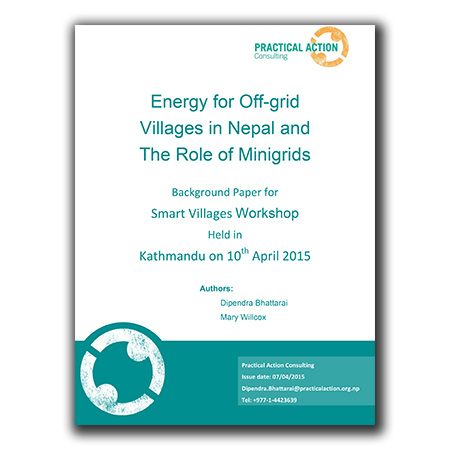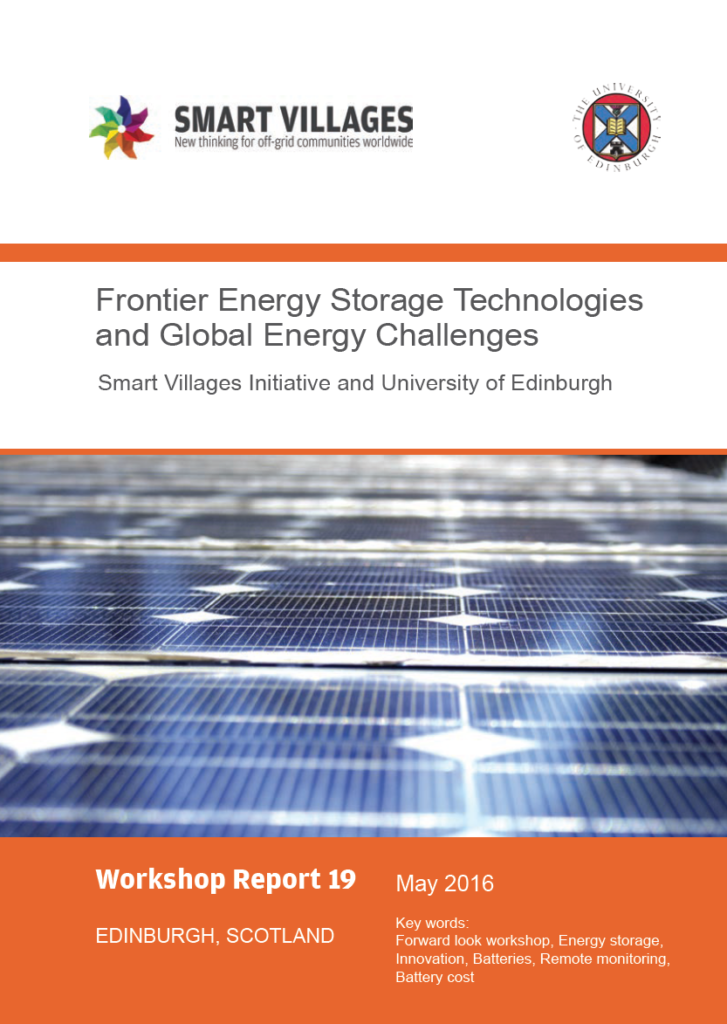SVRG is carrying this project out jointly with our partners non-profit Energy Action Partners in Malaysia, and innovative private sector minigrid developer Clear Sky Power in Somaliland. This project is funded by InnovateUK, the UK’s Innovation Agency.
Worldwide, renewable energy minigrids hold great promise for providing electricity to over 1 billion people who are still without energy access. When paired with energy storage systems, solar energy systems are now capable of providing high quality and reliable power 24 hours per day. Yet, the high cost of equipment, particularly energy storage systems, presents a critical barrier to minigrid uptake. To overcome this challenge, we propose an innovative solution to facilitate demand-side management (DSM), which will reduce required system capacity in order to lower costs and accelerate solar minigrid deployment.

Managing the electricity demand of consumers is not a new solution for reducing required storage capacity. DSM has been implemented for many decades in large-scale power systems; for example, through time of use pricing or incentives for energy efficient appliances. However, transferring these approaches to a rural minigrid is challenging for multiple reasons. In the context of rural energy access, effective DSM requires the development of a set of governance rules that are widely accepted by the community – achieving this is no easy task.
Our innovation focuses on a novel software tool called the Minigrid Game, which enables minigrid project developers and community members to co-design a village energy system. This tool is based around a networked, computer-based simulation of a minigrid which supports community learning and consensus-building around issues such as system size, tariffs, productive use, and coordination of loads. A prototype has been implemented in six communities across Southeast Asia with positive results.
Our goal for this project is to explore and demonstrate how the Minigrid Game can be used to facilitate DSM and optimize energy storage, in order to lower the up-front costs of solar minigrids. We plan to enhance our software tool with a more explicit focus on DSM and planning battery storage, and pilot the new version in minigrid planning workshops in 3 rural communities in Somaliland.










